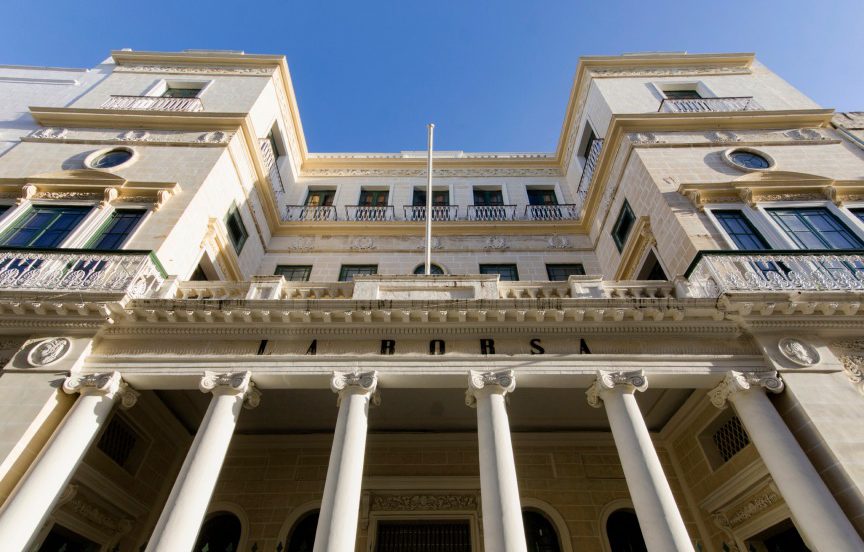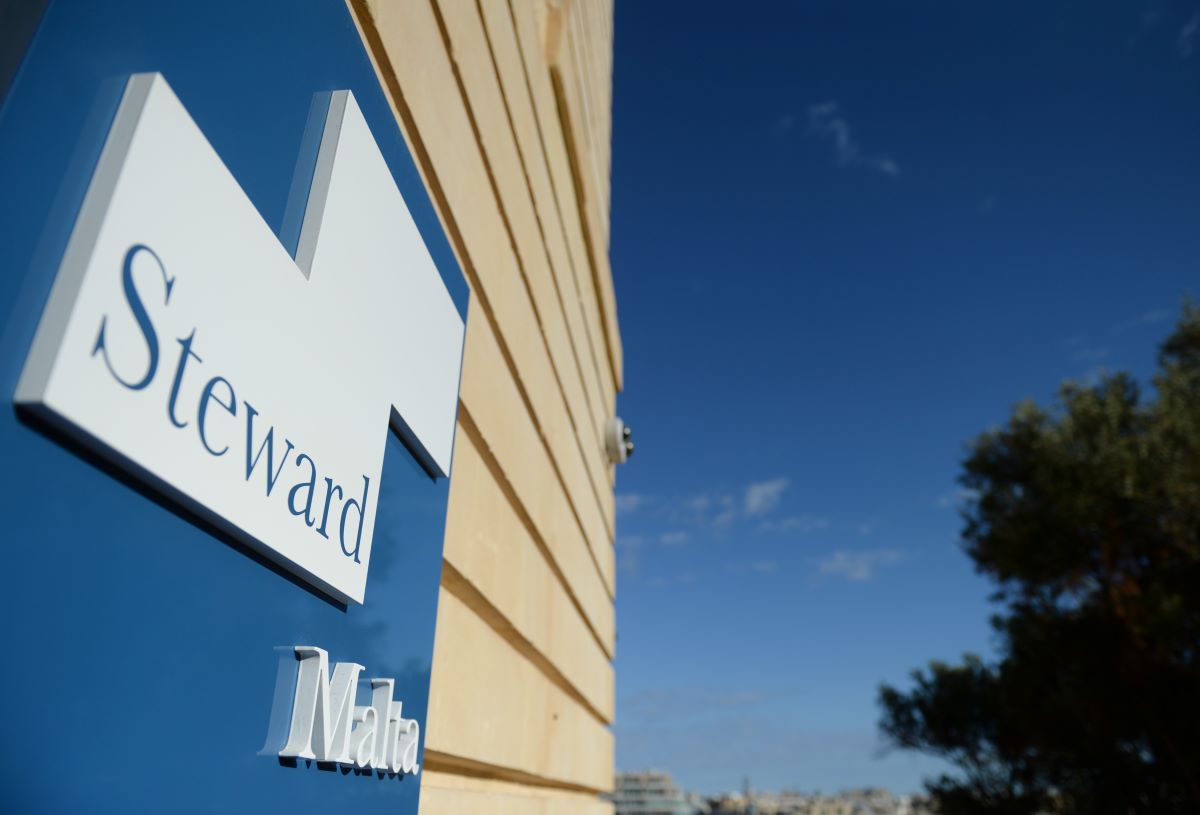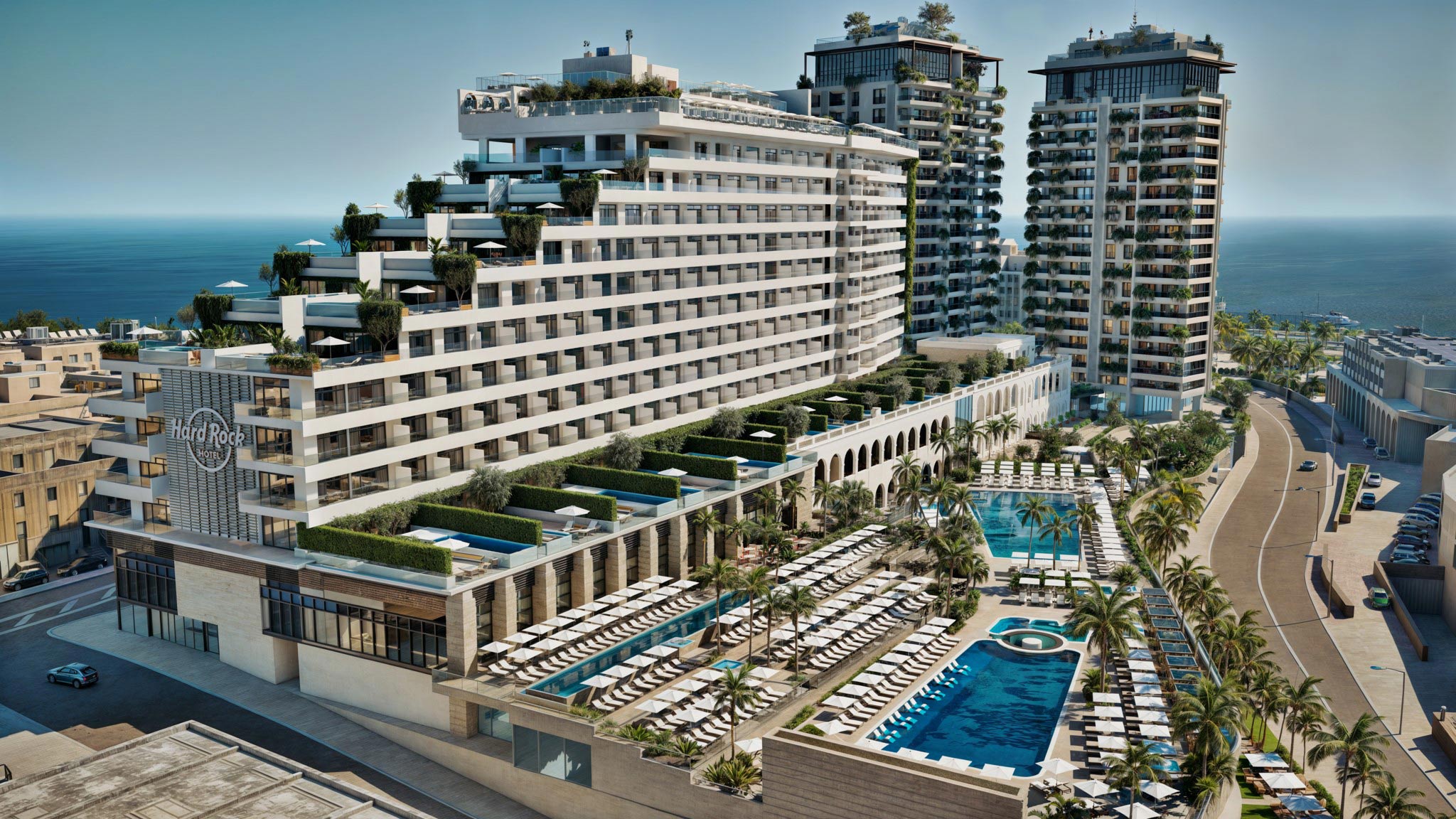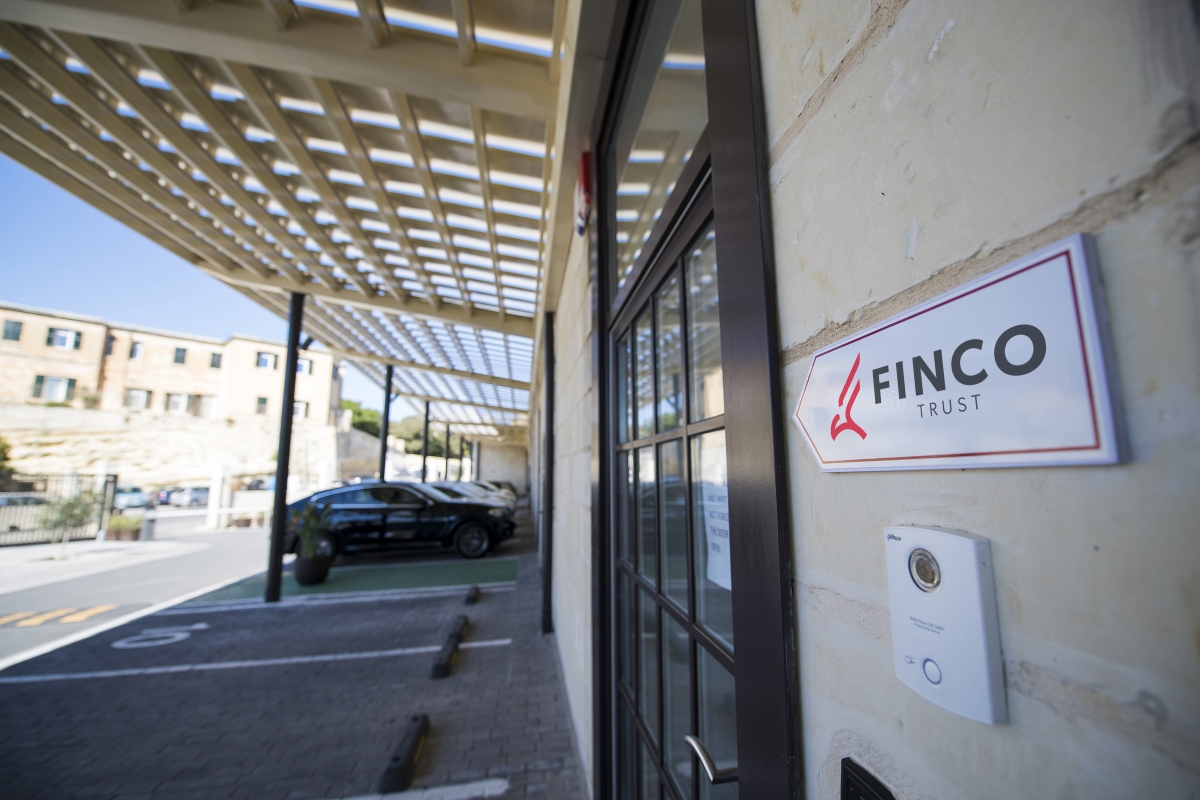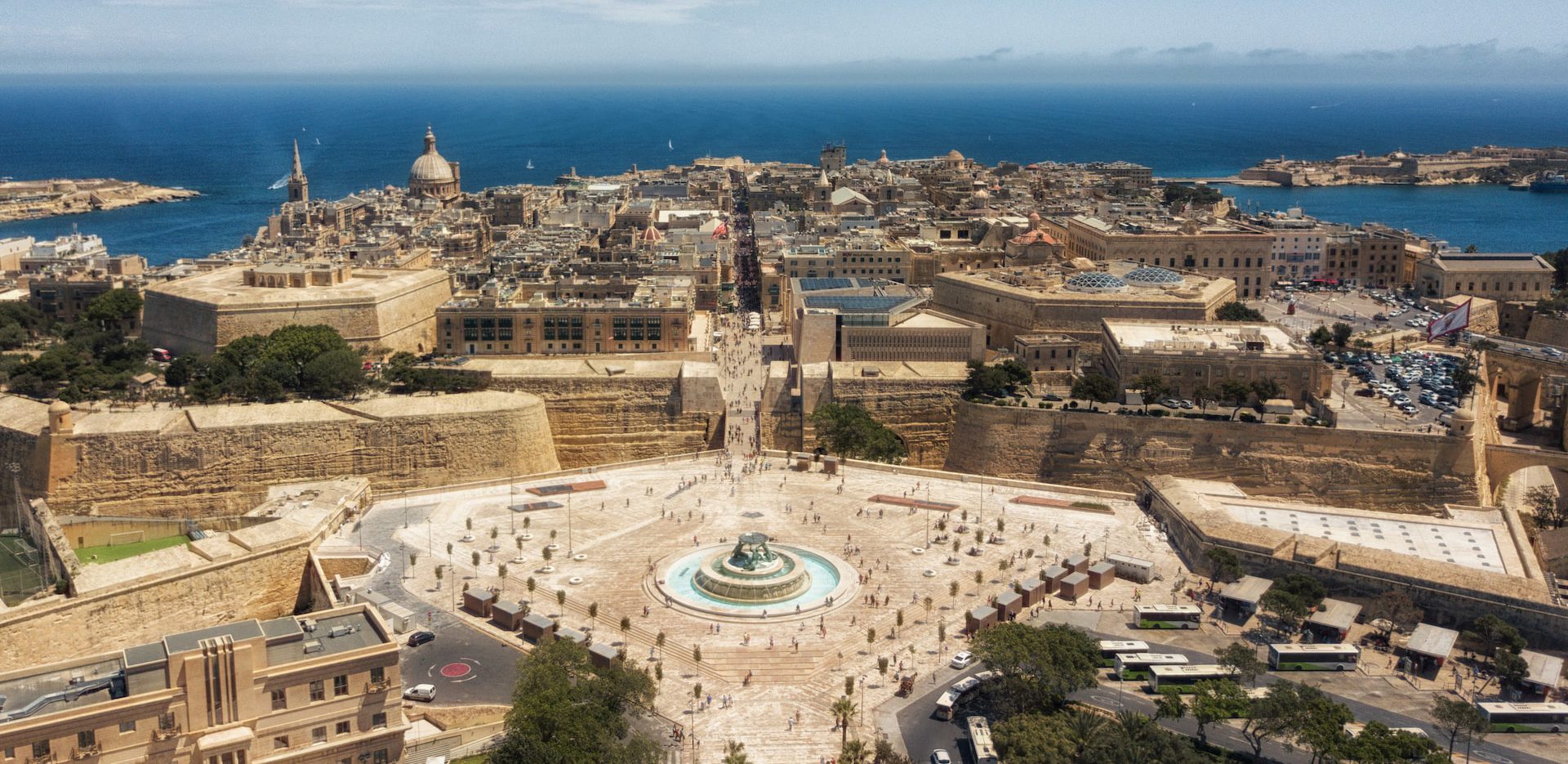The Malta Chamber of Commerce, Enterprise and Industry has noted that an increasing portion of the Government budget is being spent on recurrent expenditure, it said in reaction to the Government’s Budget 2024 announcement on Wednesday evening.
In addition to energy subsidies, social assistance for pensioners, vulnerable persons and low-income households feature highly in the budget. “This is commendable as it helps the most vulnerable strata of society to keep up in the current inflationary environment,” it said.
The Chamber remarked that the flip side of heavy social expenditure is that “the spend on infrastructure is inadequate especially when one considers population increases in recent years and the resultant pressures on energy distribution, waste management, and our traffic congested road network”.
“This budget was another missed opportunity at introducing concrete measures to disincentivise private car use in congested areas and during rush hours,” it noted.
Further, The Chamber stated that “there is little clarity in the budget on how Government is going to improve the productive capacity of our economy, beyond mention of a number of schemes to incentivise businesses to make digital and sustainable investments.”
The Malta Chamber is concerned that the emphasis on subsidies is creating a culture of dependence, and subsidies now constitute such a substantial portion of Malta’s GDP that the country’s economic growth is being fuelled largely by subsidies.
“Government is relying on increases in tax revenue resulting from wage increases, most notably due to COLA, that are fully taxable since there has been no revision in the lower income tax bands, ignoring the recommendations of all social partners including The Malta Chamber.”
It must be borne in mind that this budget is being presented against the background of the ongoing war in Ukraine, and a new threat to the stability of international energy prices arising from the war in Gaza with its potential for destabilisation in the oil-rich Middle East. Additionally, the claim for €100 million in relation to the failed hospitals’ deal is still being contested by Vitals Global Healthcare.
“All the above could have a significant impact on public finances in the coming fiscal year.”
The Malta Chamber was pleased to note that Government is finally considering introducing automatic enrolment in private pensions and the launch of a specialised commercial court, both of which were proposals of The Chamber.
Other positive developments which draw on the recommendations made by the Malta Chamber include the regulation of temping agencies, venture capital for start-ups, incentives for family businesses, schemes related to ESG for SMEs, and the use of technology for law enforcement. Government was finally bold enough to withdraw an incentive related to the purchase of property in Gozo to protect what is left of the greenbelts of Gozo and increase incentives for the renovation of properties in urban conservation areas.
“This budget mentions a number of ideas that need to be explored further and developed in detail to become more tangible. As always, The Malta Chamber is eager to see more tangible proposals that will provide the required impetus for a leap in quality, higher productivity, sustainable growth and improved competitiveness of our economy.”
db Group reports turnover of almost €100 million and record profit as it opens bond issue to public investors
This coincides with the launch of a €60 million bond programme to support the Group’s continued expansion
Celebrating success: stories from the team behind Finco Trust
The stories of Lee-Anne Abela, Kris Vella, and Maria Mamo reflect the values that continue to guide the firm forward
Malta’s public debt ‘very much in line’ with Eurozone rules – BOV Chair
The chairperson of Malta’s largest bank shrugged off the doubling in Maltese Government debt since 2019


